“Harmony and key can really conceptualise what words mean”: Yellow Days on Hotel Heaven
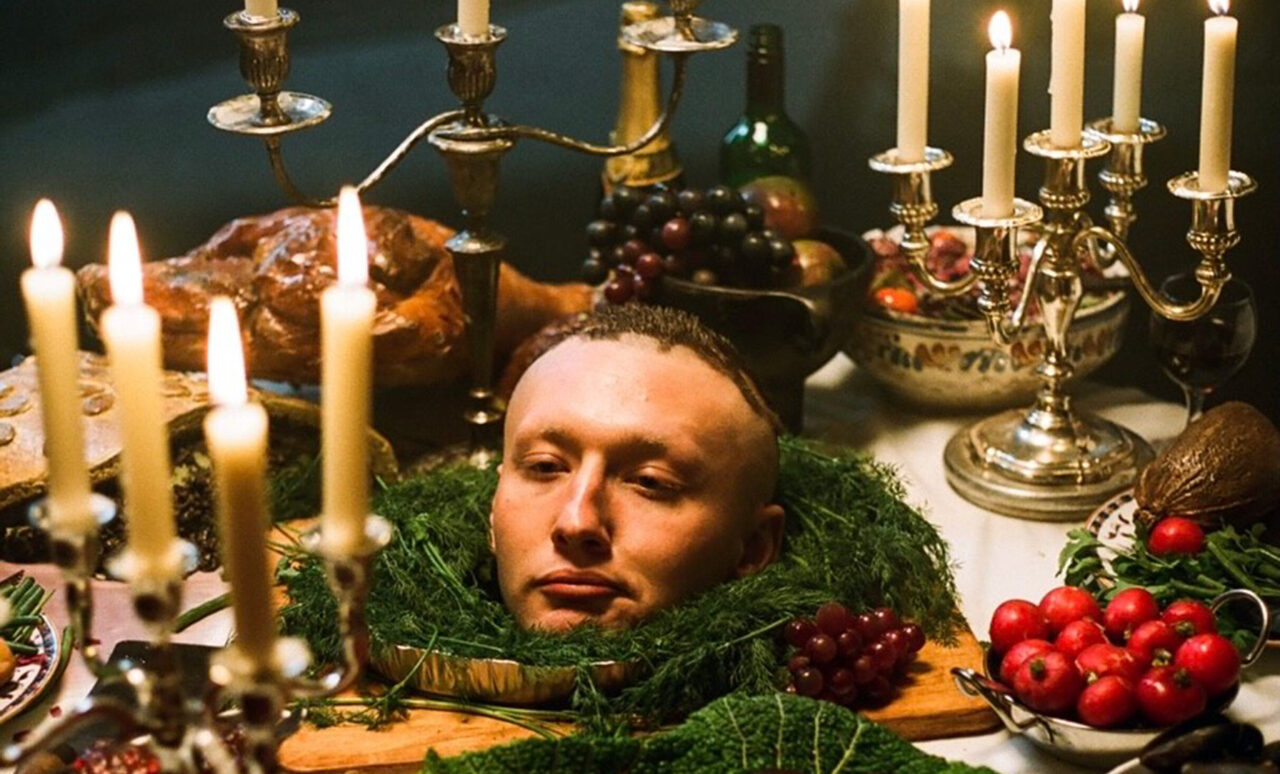
Mancunian-born singer George van den Broek has seen resounding success from a young age; songs he released at only 16 years old have millions of streams and he has comfortably settled into his own personal sound since. Eight years have passed, but Broek has not strayed from his unique throaty vocals, conceptual lyricism or fascinating utilisation of various musical styles. On 5th April 2024, Yellow Days’s highly conceptual fifth studio album, Hotel Heaven, will be released. Although only seven tracks long, this new record provides a deeper look into the indie dream pop creator’s mind. In an interview with The Upcoming, Broek reflects on his previous work, creative process and inspirations regarding Hotel Heaven.
I’d like to start off by congratulating you on your upcoming record Hotel Heaven!
George van den Broek: Ah, yes, thank you!
You have always had a very unique flair to your sound and have stayed true to that. What was the developmental and creative process like when you were first starting out?
GB: I started at around 16, so, at this point, it’s come up to about eight or nine years. Like I said, I put out my first record at 16, Harmless Melodies, and that was music I started writing when I was about 14. People was the first song I ever wrote for Yellow Days, and all of those tunes were written at the ages of 14 and 15. I was still in school, just sort of mucking around, running in fields in the summer and smoking weed in the woods with my friends while trying to write this hearty, kind of soulful music. I was a big fan of Mac DeMarco, King Krule, Tame Impala and Thundercat, and was very aware that there was going to be some sort of gap for someone like me. I was obsessed with writing and had this love of music. I’d come over from school and start singing to my Mum every day and she would listen to me as I sang and said “Hey, come listen to this one”. I was just this kid with a big dream.
Well, it ended up working out!
GB: Yeah, absolutely. It’s weird to think about it now. I remember when I met a bunch of those guys and they had said to me, “The difference is, you can actually sing.” A lot of them are incredibly cool and fantastic writers. I always felt that it was bizarre being able to sing, because it’s quite rare with autotune and this attitude towards singing that a lot of musicians have. I think those musicians really culturally carried a huge weight on their shoulders because they were all small artists when I was listening to them at 13 and 14, and now they headline festivals and they’re superstars. I had this feeling of “I was right all along!”. I feel like music is really alive again, with appreciation, artistry and character. It’s nice to be a musician working live today because I think the culture’s gotten so interesting. It’s fantastic and the music is wonderful at the moment.
Concerning the album, the intro track, Welcome to the Heaven Hotel, opens the record well by introducing a different sound in comparison to a lot of your previous work. What is the main inspiration behind this switch?
GB: It’s been an interesting time for me since A Day in a Yellow Beat four years ago. I’ve been through so many different phases and now there’s this big kind of “come down” from getting dropped by Sony. That album came out with no proper backing behind it. It was this crunch moment for me personally where I had to go away and work on stuff. I got into a lot of partying and all the bad stuff that really didn’t do me any good and put me through this vacuous time as an artist. I did two tapes I was really proud of in Slow Dance and Romance, which is a really great record. It’s been an interesting time turning things around and having to go back and get more in touch with the English-ness in me with John Lennon-inspired stuff, The Kinks, Beatles and all that music I grew up around and my family was playing. Dark Side of the Moon and Pink Floyd. It was some sort of identity crisis from being Yellow Days for so long that I had to figure out who the hell “George” is. I recently got engaged to my fiance who I’ve been with since I was 16, my high school sweetheart, and you know, life is good. It’s great to write some sort of rock music that’s kind of soft-rock and mainly psychedelic rock. It was fun to take a lot of the lessons I learned from jazz fusion players. They all taught me a lot about theory and music and helped me to put it into this rock record that comes across as a bit Prince-y and this melting pot of fusion, rock and loads of other things. This was very rewarding creatively.
Mrs Moonlight, the single, seems as though it could be about a person, but could also be a personification of the moon to symbolise something else; with the many interpretations that could be taken from this song, what does Mrs Moonlight mean to you?
GB: I think you’re totally on the money. It is about the moon and a significant other, and a great lyric for me is “I’ve never been too good at goodbyes” because I guess it’s about codependence and holding onto the moment and never losing it. Kind of like how the moon goes up and down. You’re constantly trying to seize the moment and keep it there. That’s always the nature of things, and how you have to say goodbye. That’s really the theme of this song, whether it be spending time away from the people you love or a feeling that you’ve reached some kind of equilibrium with knowing that the yin and yang will get all f***ed up again. What I really like about that tune is where it kind of juxtaposes sombre core ideas with these jaunty, fun instrumentals. That’s something I’ve always loved about music; being able to have lyrics that say one thing and using harmony to say another because I feel like that’s how life is. You can feel happy, but also feel guilty for being happy. Life is much more complicated than just “happy” or “sad”. That’s something I always try to do with my music. That’s how this song is; a weird mixture of feelings.
Moving on to You’re So Cool, which utilises many different styles and instruments, what was the most interesting part of creating that song?
GB: Probably the vocals because it’s kind of flamboyant and fun. The meaning of the tune is loving someone because you find them so cool and fascinatingly awesome. With the vocals and squeaking you kind of have to grip your hands and squeeze while you’re singing. A lyric that comes up throughout the record is “squeeze me”, which is a very loved-up and sweet thing. It’s the relationship I’ve always had with my fiance, I must say, where you just squeeze each other with mad energy, and you can hear that in the singing. It’s just unhinged, in a way. This willingness to be really weird as well, like when you’re laughing with someone you love and can just be odd. I think that that kind of rush of comforting energy reduces the hilarious and odd things you’re doing just because you’re so happy. I’m really proud of that one, it’s a very personal way of talking about love.
Finer Things in Life is a change in pace from the others; do you feel as though tone and overall sound can impact the meaning of a song?
GB: Absolutely. I think harmony and key can really conceptualise what words mean. I always think of music as poetry with an added layer of twist and meaning. I think with Finer Things in Life, the harmony does a good job of romanticising money and the finer things, but then you have the realism of the lyrics. I think it’s the thing of being able to layer the different ideas on top of each other. It wouldn’t be a proper piece of music if it didn’t credit some of the alluring aspects of these things without creating something damning that would be kind of crude or unrealistic. We all like nicer stuff, but it’s not as important as “the one”.
Higher Room is eclectic and the combination of your vocals and the instrumentals are fascinating. What about this track is special to you?
GB: Musically, I really like the call and response between the guitars. It’s like they’re dancing with one another. The song itself is really an honest track about wanting to have more money or wanting to be successful. It reminds me a lot of when a scientist goes mad and there’s a sudden change and he’s transfixed or obsessed with something. That song has a kind of mad thing to it where I wanted it to sound like delusions, almost. A lot of it is really addressed to the significant other, saying, “Why are we ever blue?”, “Why do we ever do anything?”, “Why isn’t everything great?”. It’s kind of like taking an ecstasy pill and thinking “Why can’t we all just get along and get everything we want?”. It’s about excess and greed and irrational thought with “we can have the world” ideas and deliberation.
Crying for Help at the Suite is very unique sonically. What’s the story behind the twinkling bells throughout the song?
GB: It’s a terribly sad song and the bells are like musical tear droplets. It’s a tune about addiction and needing help, that breaking point where the writing’s on the wall that you’ve gone too far, that you need to take a stop and change everything. The lyrics, “Are we born to be sad / Because I can’t help it” show that I’ve always had a bad relationship with these things. I have some kind of hole in me at times and I just fill it with these things, and with drugs, it always comes to that breaking point. I think it’s a really honest tune about being down on your ass and being broken, looking towards someone for help. It’s awfully sad, but I’m very proud of it. I think this relationship with music and to speak like that is the job of the artist. If you aren’t doing that, you aren’t being honest with your audience.
Planet Earth rounds out the album on a softer, sombre note and is the longest number of them all; when creating this project, did you always know that this would be the closing track?
GB: Absolutely. The whole album was written in a month, and I normally write all the time, but when I started this, I knew it would all be homogenous music for one piece and it became binding as an album. The concepts just grew and grew more cemented. With Planet Earth, it’s about death and knowing that you and everyone you love are going to die, that everything you’ve ever experienced won’t be remembered. All of your memories or things that are important to you will one day be nothing, I suppose, and how haunting that is. It’s also quite joyful, because I want to live my life and I don’t want to die, I want to be there to give my love. It’s really realising that this degenerative behaviour will take years off your life and will just leave you dead sooner than you could’ve been. It also shows that Earth will one day be destroyed and everything we know won’t exist. It’s that, but in the personal sense. It’s the perfect way to end it because of the realisation that after all the greed and malfeasance, life is beautiful and finite.
What do you wish listeners will get from the album, conceptually speaking?
GB: It’s really hard, because I always have a relationship with the music I make where it’s so personal that I don’t have any direction for that. For instance, someone could take A Little While as a love song. In my head, I’m like, “That’s a breakup tune.” It’s great that those two look at each other lovingly while listening to that song; that’s beautiful. Quite frankly, with the theme of death, hopefully my music will last long after my death. So how important am I really with the stuff I make? It’s more than just the meanings and it’s all interpretable; people will find the thing that they want to hear because that’s how they feel. That’s just the nature of people and how they absorb ideas, isn’t it? And I’m just another preacher that will be in the ground, decaying, so who am I to say anything, really?
Finally, which is your favourite song on the album?
GB: I don’t know. Probably The Finer Things in Life. Or Higher Room, I think, just because it’s the weirdest one and the funnest one to make. I mean, they’re all really my babies and it’s like asking which child you love more than the other one. It feels a bit wrong to answer, like the other ones will get upset in some world where songs have feelings. Now I feel like I’ve upset them. You’re never supposed to say it, so I suppose I’ve broken that rule.
Thank you so much for your time, and again, congratulations on your new record!
Taryn Crowley
Image: Georgia Jones
Hotel Heaven is released on 5th April 2024. For further information or to order the album visit Yellow Days’s website here.
Watch the video for the single Hotel Heaven here:

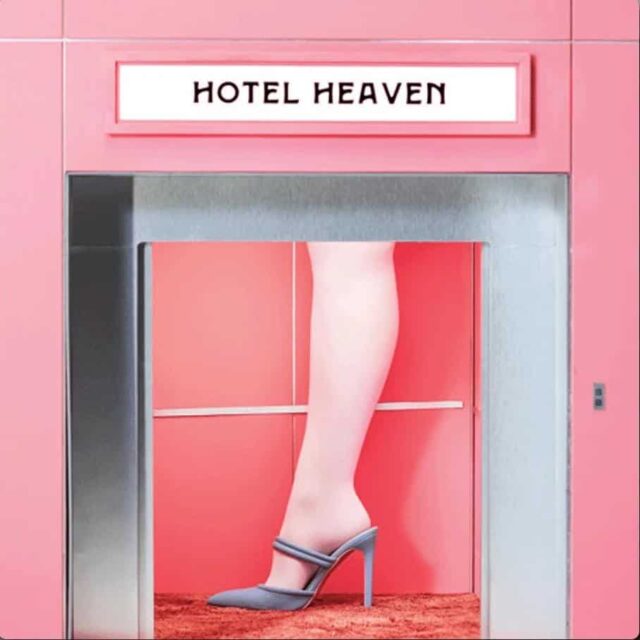
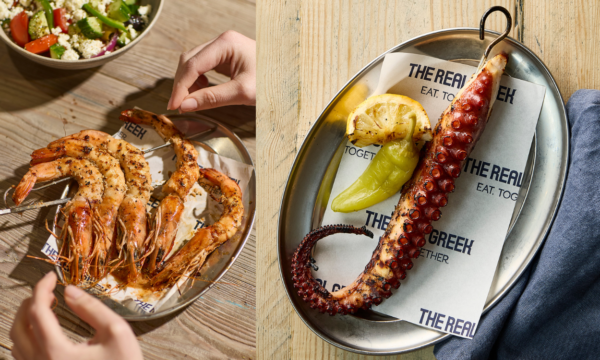
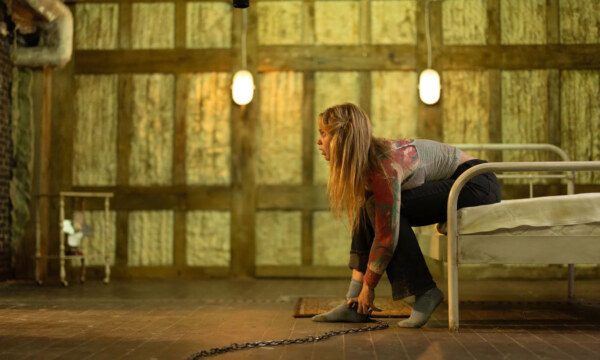

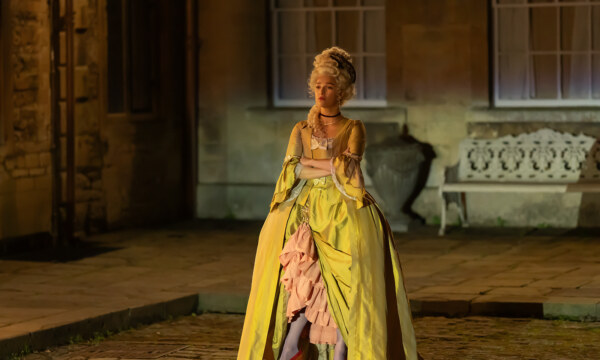
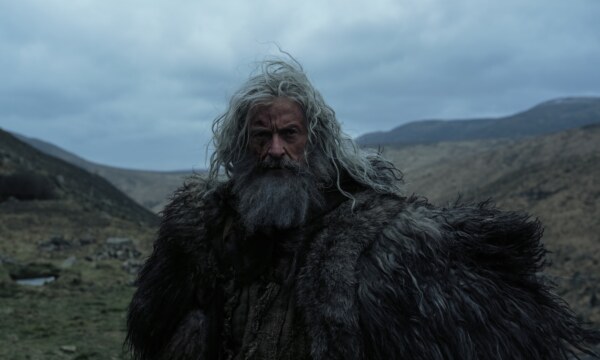
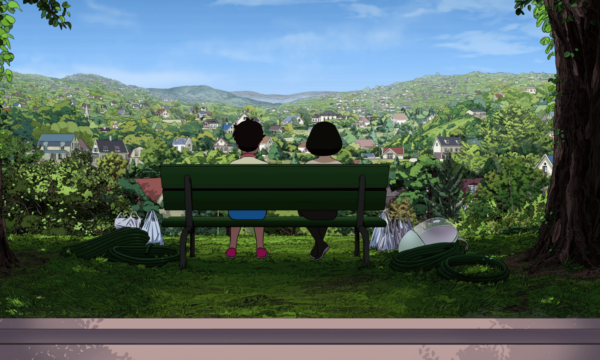
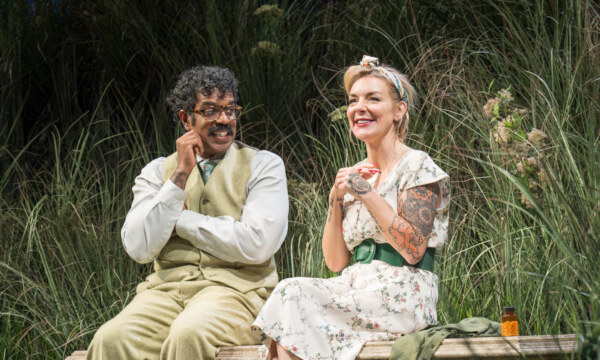

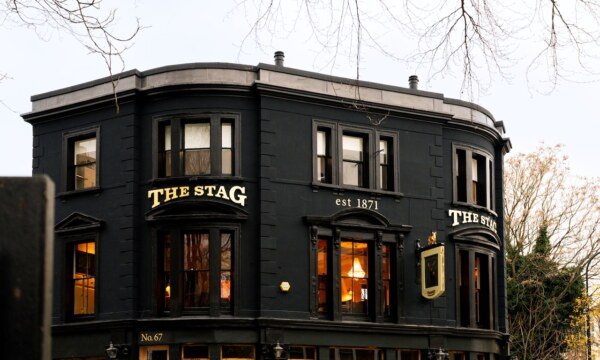
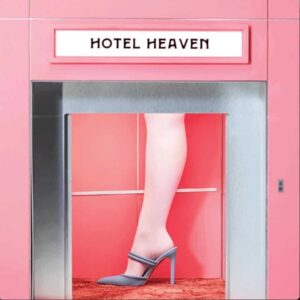

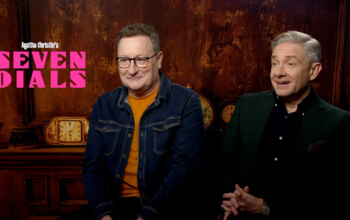
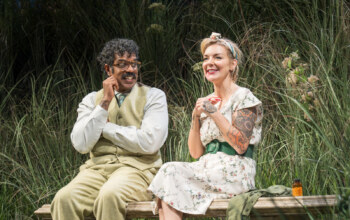
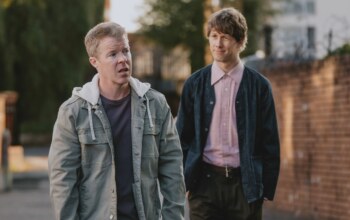
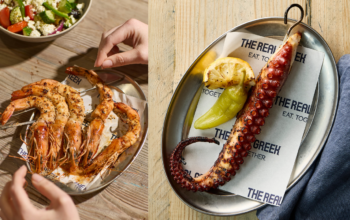


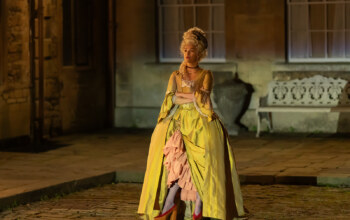




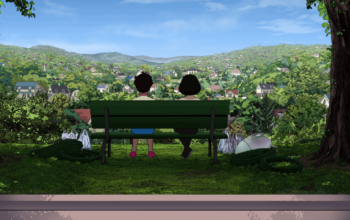

Facebook
Twitter
Instagram
YouTube
RSS